Our dedication to innovation drives us to provide customized private blockchain growth services that align completely together with your distinctive targets and aspirations. With years of unparalleled expertise, Blocktunix makes a speciality of delivering private blockchain growth suppliers that empower startups and businesses to embrace sustainable progress. For occasion, within the case of a financial institution, a personal blockchain network is a regional community the place only the licensed members of the monetary institution can entry confidential information. Corda permits the constructing public and private blockchain difference of interoperability blockchain networks that transact in restricted privateness.
How Digital Identification Management Works On Dock’s Public Blockchain
- They don’t allow outsiders to enter the network without proper authorization.
- Consortium blockchains permit for collective decision-making among the many many collaborating organizations.
- Differences in objectives and methods among members can result in conflicts or inefficiencies.
- Operating a personal blockchain can be extra economical than maintaining a public blockchain, as it typically requires fewer computational resources and less infrastructure.
- Private blockchain platforms are inclined to have a lower transaction price compared to public blockchain platforms.
- Public blockchains are governed by a Decentralized Network of nodes, where consensus mechanisms like Proof of Work (PoW) or Proof of Stake (PoS) are used to validate transactions and maintain the community.
Dock permits organizations and people to create and share verified knowledge. Also, as a outcome of the network is decentralized, there is no single point of failure that could be exploited by dangerous actors. There are built-in incentives to encourage good conduct and discourage bad habits in PoS blockchains where stakers are rewarded for holding and staking cryptocurrency. These incentives assist to align the pursuits of network members and encourage them to act in one of the best pursuits of the community. Public blockchains rely on a neighborhood of customers and stakeholders to make choices in regards to the community. This signifies that decision-making is decentralized, with every participant having a say in the path of the community.
How Expertise Has Remodeled The Payments Industry?

In terms of use circumstances, public blockchains find important purposes in sectors requiring openness and belief. For occasion, they’re instrumental in facilitating transparent voting techniques for governments and fundraising activities for organizations. Also often identified as permissionless blockchains, public blockchains are completely open and follow the thought of decentralisation to the T. Public blockchains are additionally largely nameless, not like personal blockchains, where the id of the folks concerned in the transaction just isn’t kept hidden. Anyone can be a part of this kind of blockchain network because it has a permissionless distributed ledger permitting anyone to take part.
C-suite Program In Ai And Digital Transformation
A block is uploaded to the blockchain once it has been permitted by greater than two thirds of validators. Well-known permissioned blockchain R3 Corda makes use of the Federated Byzantine Agreement (FBA). A distributed community can figure out its state by utilizing the Federated Byzantine Agreement (FBA) strategy to come to consensus amongst its nodes. As the network’s backbone, its Byzantine fault tolerance (BFT) algorithm permits the network to function even when some nodes are corrupted or malfunction. Hyperledger Fabric and Corda are the 2 most well-known blockchains that use PBFT.
What Are The Principle Benefits Of Utilizing A Personal Blockchain?

It ensures that everyone accepts the ledger and that the network operates effectively and securely. Only licensed people have access to the transaction course of and might participate in it. A public blockchain, however, allows anyone to see and request a transaction/record. In a private blockchain, it is established forward of time who is qualified to affix the consensus and who is not. Participants in a public blockchain, then again, are free to interact and take use of the system’s benefits; there are no limits on coming into the consensus course of.
You can solely entry and connect to the power of DeFi improvements on public blockchains. Public blockchains are immutable, that means that when a transaction is added to the blockchain, it can’t be changed or deleted. This makes public blockchains an ideal platform for creating a tamper-proof ledger. One of the key variations between private and non-private blockchains is decentralization.
Hybrid blockchain networks provide control over knowledge accessibility and guarantee each transparency and privateness, making them perfect for industries corresponding to retail and controlled markets. In contrast, consortium blockchains have multiple organisations because the central authority. You must be a member of one of these organisations to take part within the community. These blockchains include one of the best options of both private and non-private blockchains. One of the main benefits of consortium blockchains is the data privacy it offers to the customers, because the entry is granted only for authorised participants. They dissolve the problem of a single entity controlling the entire network, as a quantity of organisations are involved in forming a consortium and jointly managing the community.
Businesses that arrange private blockchains for setting up permissioned networks and prohibit the visibility for other members of the users of the community. Public blockchains, exemplified by cryptocurrencies like Bitcoin and Ethereum, perform on a decentralized community accessible to everybody. The consensus course of consists of participants, or nodes, validating transactions collectively. This openness fosters transparency and immutability, but scalability and transaction tempo could be tough because of the distributed nature of the neighborhood. A Private Blockchain Network is a type of blockchain where access is restricted to a particular group of members. Unlike Public Blockchains, that are open to anybody and depend on decentralized validation, personal blockchains are managed by a Central Authority or a consortium of organizations.

The community is controlled by a government or group, and transactions are hidden to members in the transaction. With time blockchain know-how has undergone a rapid evolution in its functionalities and applications for the reason that creation of Bitcoin. In a world where finance and expertise affect the entire environment, digital investments have emerged as an interesting choice.

Both these varieties are distributed and decentralised and interact in a extra peer-to-peer format. Validity of record is established; the members individually and mutually agree and reach a consensus. Both most of these blockchains are related in some ways; while the main level of difference is the access to the blockchain.
There aren’t many participants on the community, the access is restricted and therefore there are larger chances of reaching a consensus faster and in an environment friendly manner. A personal blockchain can process a higher variety of transactions in real-time as in comparability with public blockchains. Unlike a public blockchain which is a decentralised system the place consensus-building could take time, in a personal blockchain, a community is extra centralized and subsequently the decision-making is way quicker.
The level is that it creates a high degree of trust to guard your information and processes in a safe network. Since the founding of Bitcoin by Satoshi Nakamoto in 2008, blockchain technology has disrupted each industry because it has been quickly adopted by companies of all sizes, small, medium, and enormous. And many firms have realized the revolutionary potential of this technology and try to apply it of their every day activities. By frequently studying about blockchain networks, you probably can harness the facility of blockchain know-how to boost data integrity, streamline processes, and usher innovation to strengthen your business’s progress.
Public blockchains can be utilized for quite lots of use instances, together with industries that require high knowledge safety and privacy such as healthcare, finance, and authorities. By using superior cryptographic methods and Verifiable Credentials, public blockchains can securely retailer and transmit delicate data. In a consortium blockchain, each participant has an equal say in the governance and operation of the network. Transactions are verified and recorded by way of a consensus mechanism where all individuals must agree on the validity of every transaction before it’s added to the blockchain. This ensures that the community is secure, clear, and tamper-proof, while still sustaining a degree of management and privateness for the members.
Private blockchains are limited in dimension, which can turn out to be very fast and might help course of transactions, which is much quicker than any public blockchain. When selecting various sorts of blockchain for finance, elements like transaction speed, safety, and regulatory compliance are paramount. Additionally, the nature of the financial activity plays a crucial role on this choice. Private blockchains like Ripple and Hyperledger have the benefit of pace because a smaller set of users means much less time to reach a consensus to validate a transaction. Private blockchains can course of hundreds of transactions every second and are easily scalable. You also can retailer info, ship money, obtain money and even create good contracts on the blockchain.
Read more about https://www.xcritical.in/ here.
